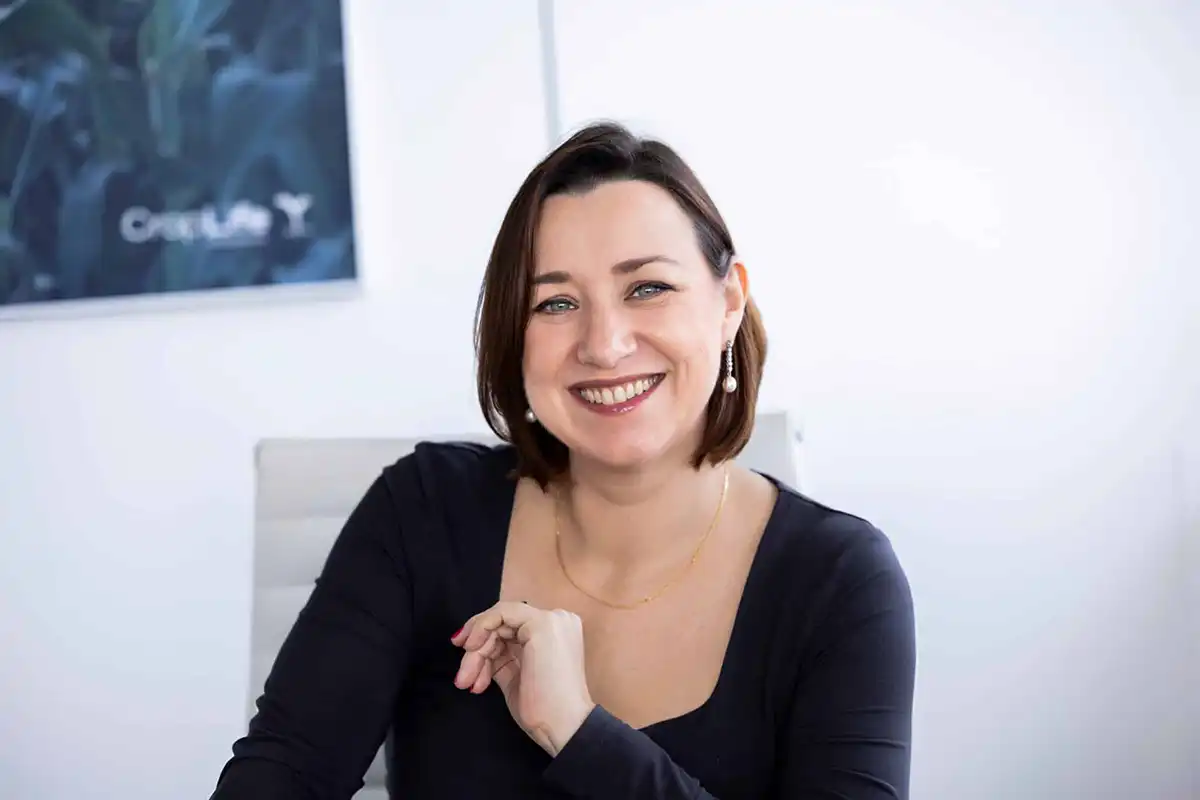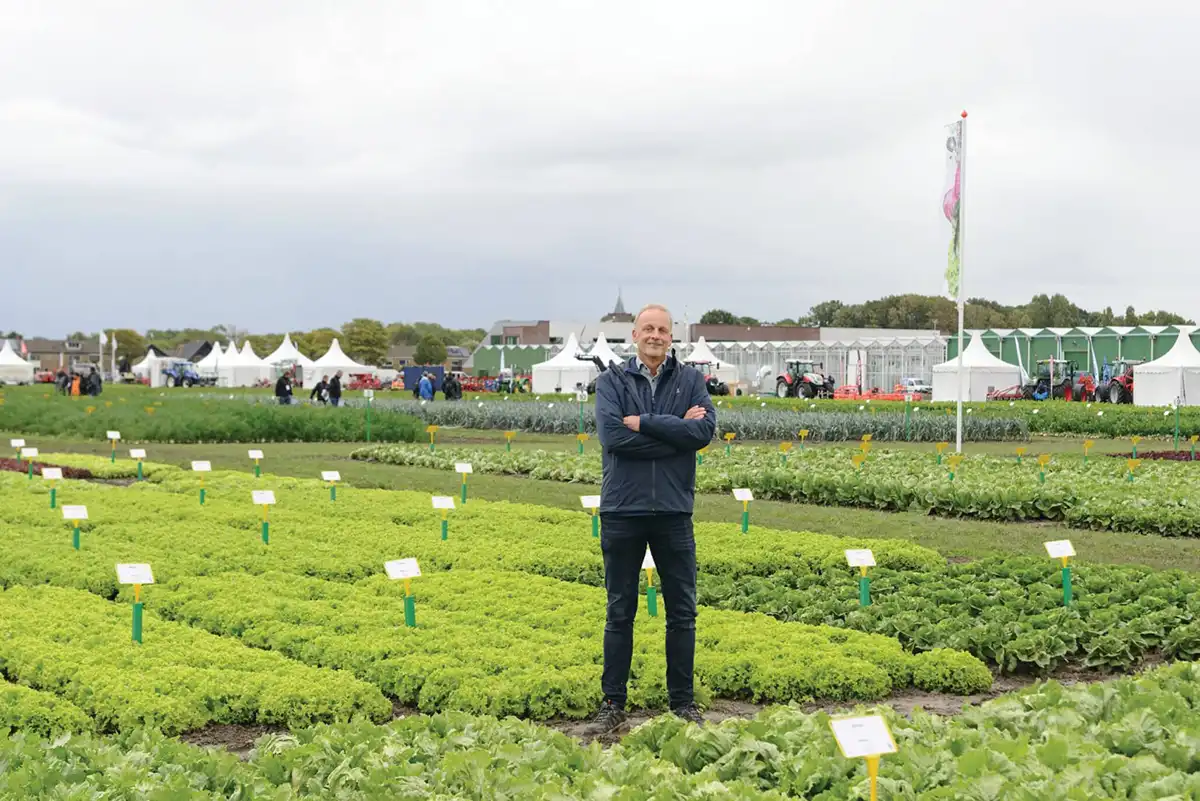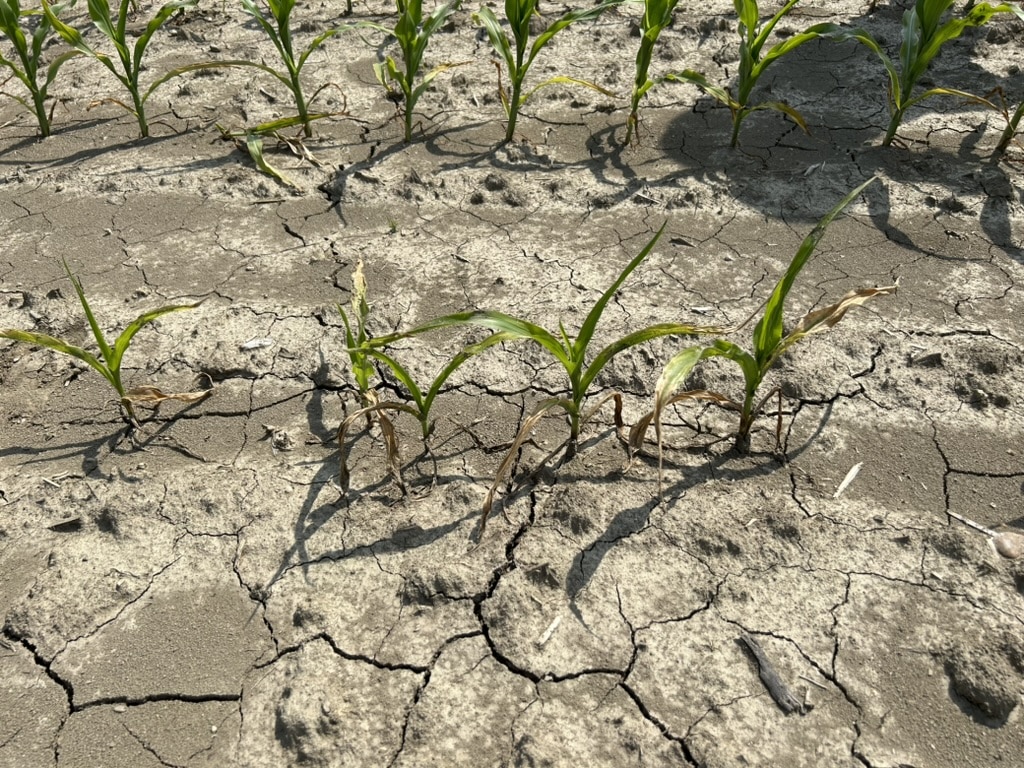WHY IT MATTERS
CropLife International is the global voice and leading advocate for the plant science industry. The organization aims to champion innovative technologies that help farmers grow more food on less land and in a sustainable way. Representing six of the world’s leading multinational R&D companies in the plant science sector, its primary goals are to protect intellectual property to foster a culture of innovation, and to advocate for trade and regulatory policies that facilitate access to new technologies. Seed World Europe sat down with Emily Rees, the President and CEO of CropLife International as she reflected on her first eighteen months at the helm, the challenges and achievements to date, and the direction of travel ahead.
Seed World Europe (SWE): Emily, you have been in your current role for over a year now. When you look back at your time at CropLife International so far, what stands out?
Emily Rees (ER): I came into this association in the spring of 2023 with a background in international public policy and a passion for the role that it plays at the intersection of trade, agriculture and climate. Eighteen months on, I can safely say that this is a sector that absolutely embodies this dynamic. The progress we have made during my tenure in bringing agricultural innovation, productivity and the rules-based trading system to the forefront of the international policy agenda has been significant and must be up there as the biggest standouts, though there have been many!
Having said that, of course, this has been a year and a half of enormous learning. The work of CropLife International and our members covers a vast and diverse range of topic areas, and the sheer pace of change in agriculture and plant sciences is breathtaking. Every single day there is something new to absorb, and I’m fortunate to be surrounded by specialists at the top of their game who add to our shared understanding. Precision and digital agriculture, gene editing techniques, AI…this is cutting-edge change with innovation front and centre and an extraordinarily exciting place to be.
If I had to land on just one real stand out during these past 18 months, it would have to be the people. This is an industry filled with remarkable professionals who are entirely dedicated to advancing the imperatives of mitigating climate change, protecting biodiversity and shoring up resilience in our food security. Whether our members, our CropLife teams around the world, or those who partner with us to enhance capacity building through our stewardship programmes, they are the real heroes of the story!
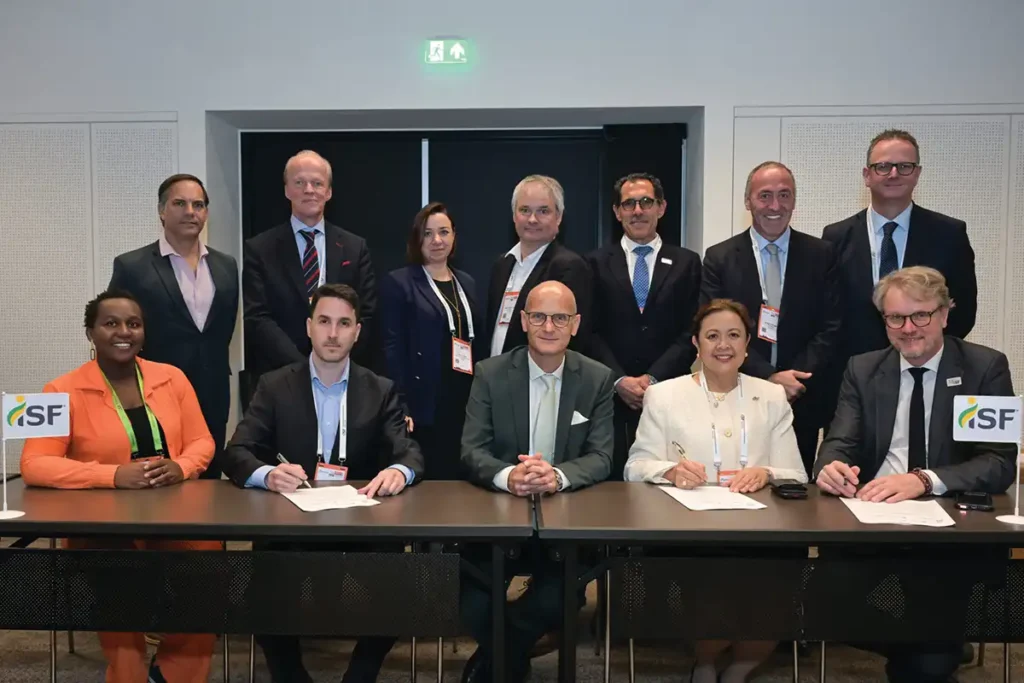
SWE: Can you share a few of CropLife’s major recent achievements?
ER: I’ve already touched on the importance of the multilateral rules-based trading system to agricultural innovation and food security. What we have achieved this year both through the WTO Ministerial back in January and more recently as the G20 Agricultural Ministers meeting and resulting declaration reflected months of collaborative work… these are very tangible achievements. Seeing our CropLife International Chairman of the Board, Livio Tedeschi of BASF, take centre stage at the G20 meeting in Cuiabá, Brazil, and sum up the drivers for change as he presented the recommendations of the B20 Sustainable Food Systems and Agriculture Task Force of which he was a co-Chair was a particular highlight.
I also believe that we at CropLife International have achieved a huge amount in terms of transitioning into a future-facing association which is fit-for-purpose to represent an industry which is leading at the cutting edge of innovation. We’re operating in a rapidly changing geopolitical landscape in which words like volatility and fragmentation seem to be our daily dialogue. The industry association needs to be able to navigate this landscape intelligently and sensitively, and be fleet of foot, responsive and proactive in equal measure, advocating with clarity and substance. I’m confident we are standing ready to meet these fresh challenges and more.

SWE: You are a woman in a sector that is still dominated by men. How do you deal with that? What have been the struggles? What are some tips to other female leaders on how to overcome those challenges?
ER: Certainly, the gender balance is falling short of where it should be in parts of this industry, though I’m extremely proud to say that within the CropLife International team we have a very healthy ratio, not only in terms of numbers but in the types of roles that women hold.
How do I deal with being a woman in my position? I judge others on merit, and I fully expect to be measured by the same yardstick. So, I ensure that I bring the very best I can to every moment, and always try to motivate those around me to do the same. I don’t let preconceptions around gender stand in my way.
And as one look at the cover photo will show you, I’m certainly embracing all aspects of a fulfilling life, both professionally and personally! If there’s one way in which I hope I’m able to inspire other women, it’s in showing by example that we can pursue our careers with professionalism and passion without sacrifice. I’m expecting a baby in the New Year and cannot wait to embrace motherhood alongside my role at CropLife International.
SWE: How do you see CropLife International’s position next to other associations such as ISF, Euroseeds, ASTA and so on? Where is the added value of CropLife International?
ER: For me, this isn’t so much a question of where we all stand in relation to each other, but how our ability to take horizontal approaches where there is common purpose, which is our truest collective strength. Of course, our day-to-day work does have us lean naturally into our silos — we all have our areas of excellence and expertise and it’s exactly this deep knowledge that means we all bring our own value to our membership and to our wider audiences.
When we join forces on an issue of common cause, can there be any greater illustration of the phrase “greater than the sum of our parts”? Take the historic Memorandum of Understanding on fighting illegal seed practices that the International Seed Federation led in May. Thirteen organisations representing and defending the interests of plant breeders worldwide to collaborate in the fight against illegal seed practices, increasing awareness and implementing best practice around the world. Our collective reach, our combined specialist know-how, the clear signal that the common cause sends to the wider world regarding the level of concern…this is the added value.
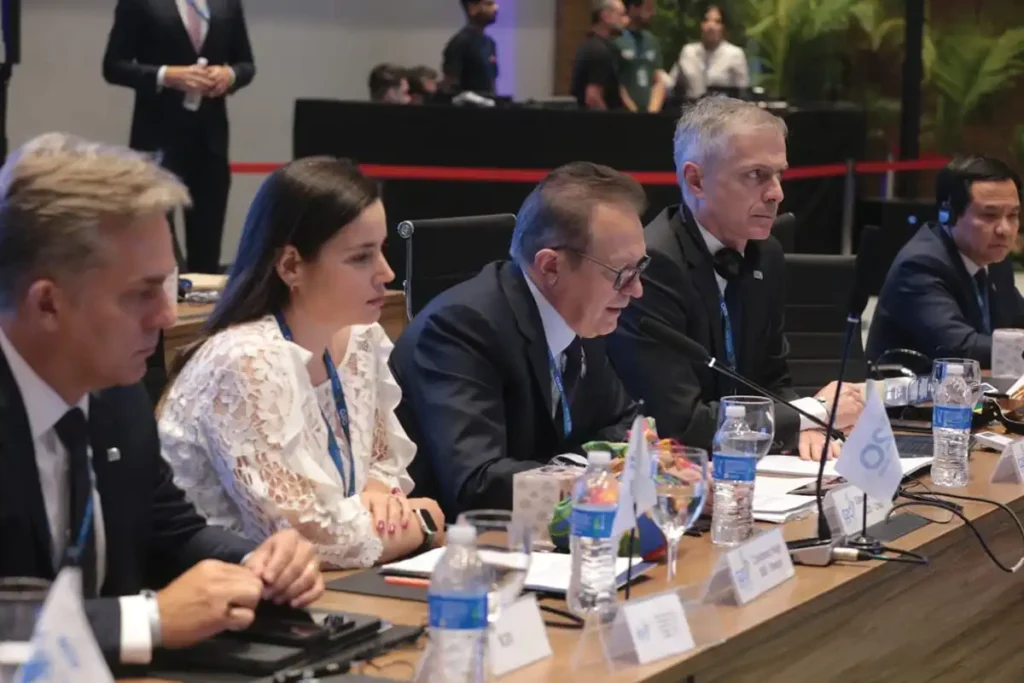
SWE: Some say that globalization is declining. What is your take on that, and how would that impact global agriculture?
ER: ‘De-globalisation’ has become a catch-all shorthand for many of the issues that this industry needs to tackle head-on, and whilst I’m sceptical about the concept that the entirety of the world’s nations danced closer together, then retreated apart, it is certainly true that the geopolitical plates are shifting. And in this context, with the global population expected to grow to 9 billion by 2050 — and in an era of climate change and biodiversity loss — the very future of humanity depends on our ability to address one of our most basic needs — food. Countries will either need to produce more food within their borders, through innovation and increased productivity, or make new friends around the world to ensure they can feed their populations in the face of climate or political shocks.
Which brings me right back to my earlier points around the importance of innovation, productivity and multilateral, rules-based trade. The future has to be about building resilience. When an exporter can become an importer overnight, capacity, transparency, equality and predictability will become the levers for food security. And that, surely, is the ultimate common cause.
Seed World Europe checked in with several of the CLI member companies to get their take on the organisation. Read that article here.


